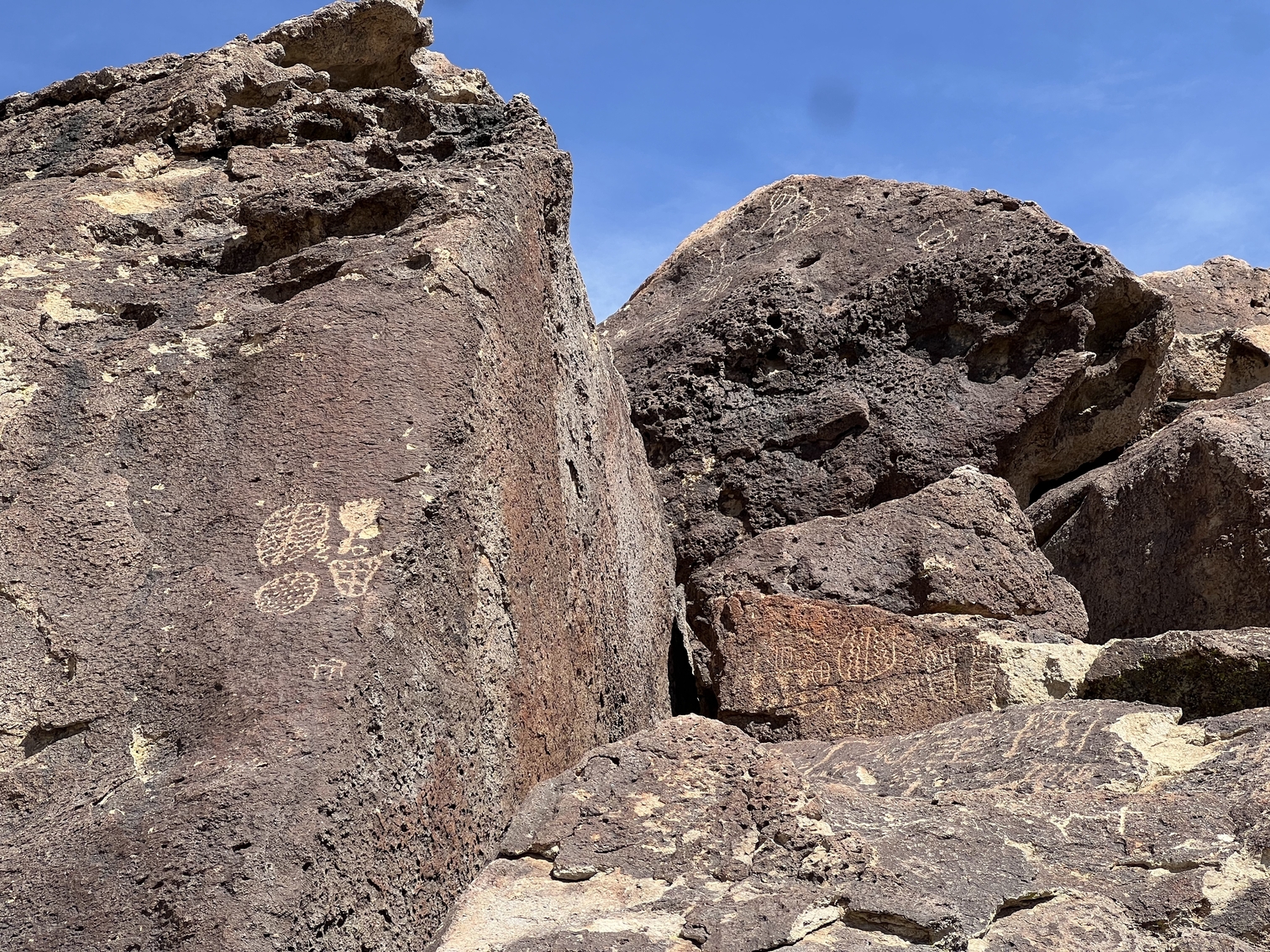Tanka [fading]
fading
with the moonlight–
the star
becomes
a shadow
______________
Karen O’Leary
Review by Ettore Fobo
The first impression confirms one of my ideas about poetry: simplicity is only apparent and harbors the egg of a depth that would be mortified by an excess of frills. Thus Karen O’Leary achieves two essential tanka, and we know the difficulty of approaching this Japanese form, in which the everyday dimension is projected onto the screen of a cosmic perception where stars can become shadows, when even light fades and the poet’s soul lives on the border where sunlight merges with moonbeams; some cosmic force seems to drag her song beyond the Pillars of Hercules of common feeling, too often disheartened and disheartening. Not here, Karen O’Leary explores the difficult simplicity of tanka to take us far away, towards the splendor of shadow. Because here everything is faint, immersed in the twilight so dear to several Japanese writers. I think for example of Tanizaki’s “Book of Shadow.”
Review by Joshua St. Claire
Karen O’Leary demonstrates the power of ma (dreaming room) in her two tanka. In “fading,” O’Leary juxtaposes sources of light (“moon” and “stars”) with verbs for darkening (“fading” and “becomes dark”). She then presents a paradox: “the star becomes shadow” which makes the reader question how a source of light can become rather than create a shadow. Are these not celestial bodies, but instead depictions of stars? There is the additional ambiguity presented at the start of the poem. What exactly is “fading?” The answers are endless.

